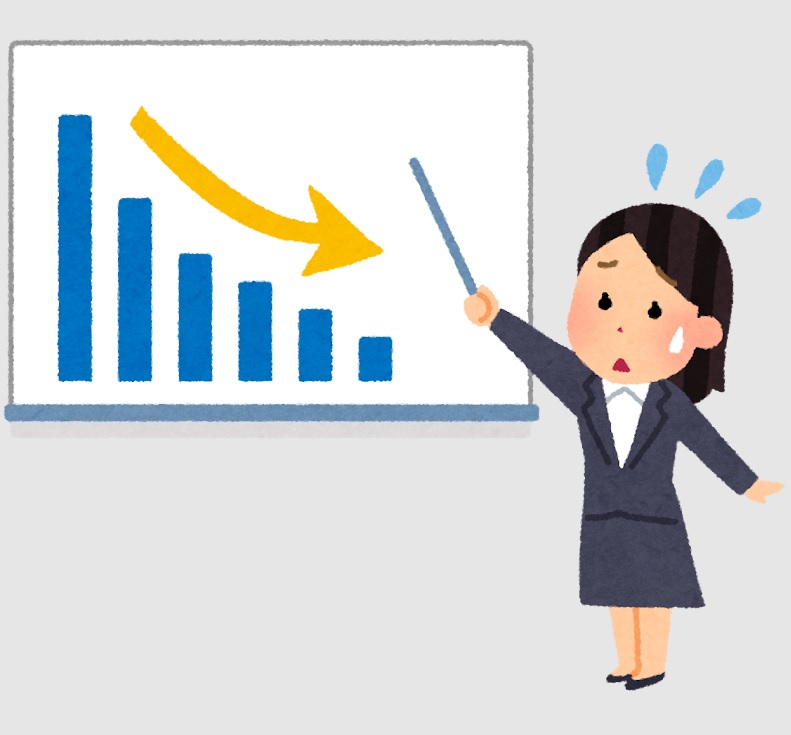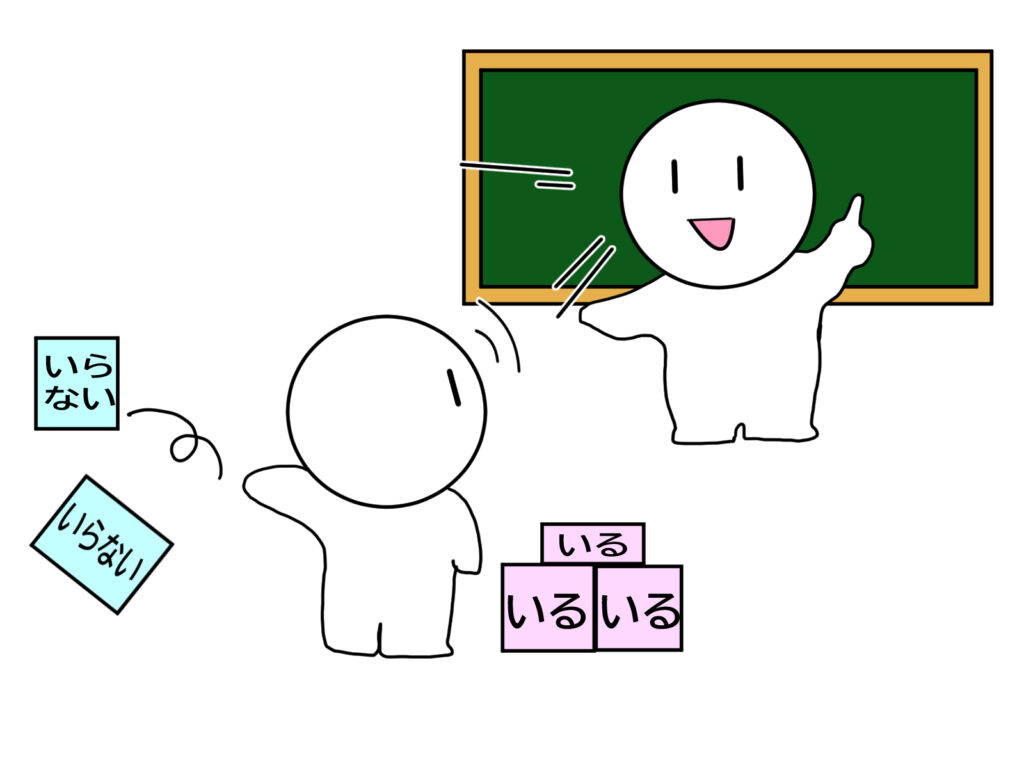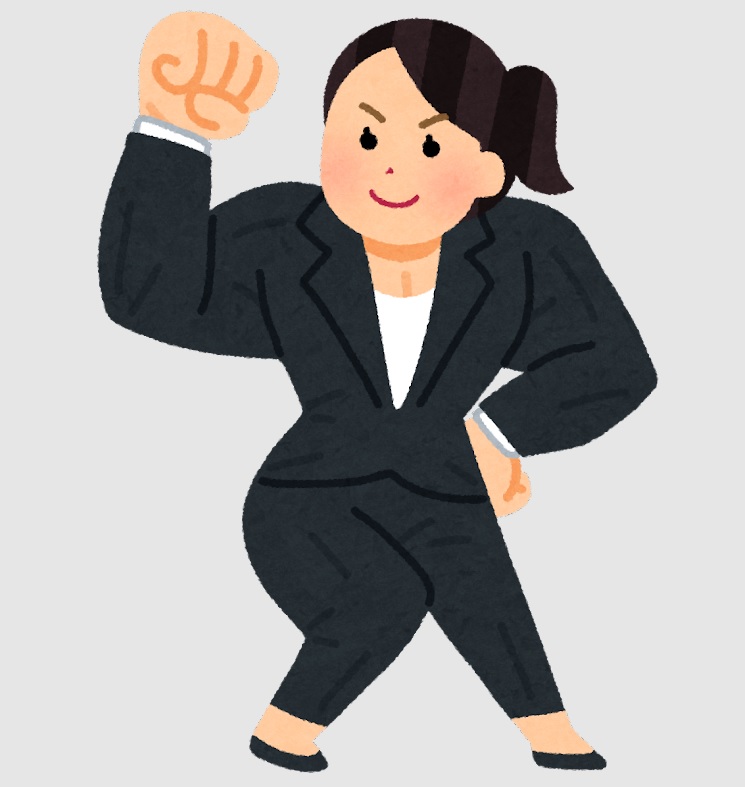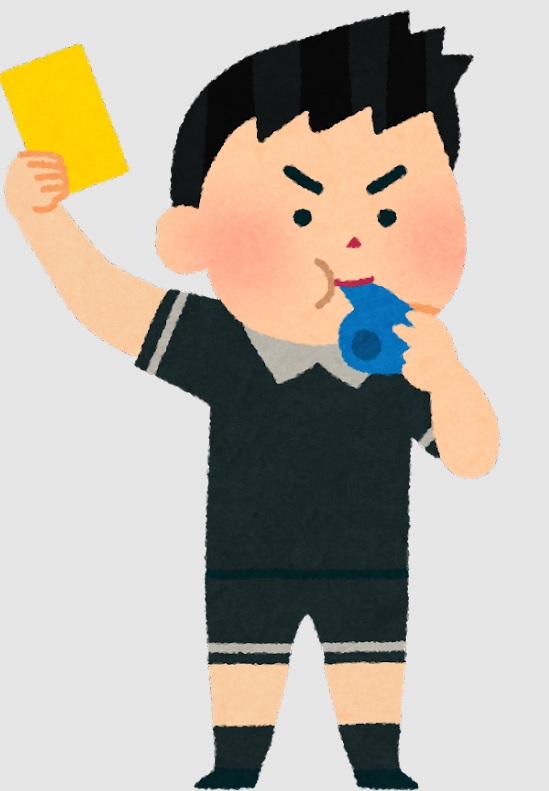「経済的に強い状態になる|会社員+副業のパワー」
〜前回のつづき〜
●年金の先行きは不透明でも あなたの人生は明るく透明に。

将来年金がもらえなくなるのではないか?
これについては
『どうなるのかわからない』ですね。
私は
実際もらえなくなるのではないかと
思ってるんですけど
まぁゼロにはならないかなぁと思いつつ
これはちょっとわからない事ですね。
これを議論してても仕方ないです。
現時点ではわかりません。

でも
減るということは確実だと
思います。
もらえなくなったとしても大丈夫なように
自分で備えておくというのが
すごく大事です。
●社会保険料を賢く抑え、未来の安心を手に入れる方法。

ではどうしたらいいのか?
備えるのもそうなんだけど
最終的に何かいい方法は無いのか?
実は
いままでお話ししてきた中で
既に答えを言っています。
でも
一回では理解しづらい所ではあると思いますし
大事なところなのでもう一度お話しします。

一番いい答えというのは
合法的に最低限の金額で社会保険に加入して
保障はしっかり受ける。
結局稼げば稼ぐほど
社会保険はドンドン高くなるんですよ。
社会保険全部が稼げば稼ぐほど
本当に高くなるんですよ。
だから苦しい。
でも払わないという訳にはいかない。
保証もやはり
・もらえるか
・もらえないか
わからないのであれば
やはりほしい。
そういう事ですよね?
だから最低金額で加入しておいて
保証はしっかり受ける。

「でもそうすると税金が高くなっちゃうじゃないか!」
という事なんですけど
そこを何とか回避したい。
それは今までのお話しの中で
解決策はすでにお話ししています。
↑復習がてらもう一度読んでみると
よろしいかと思います。
もう一度ザックリ解説しますね。

要は
『いいとこ取り』をするんですね。
これは年金に限らず
社会保険全般の話なんですけど
答えは『会社員+副業』です。
ここがキーポイントです。
会社員と副業。
例えば週に3日会社で働いて
こっちで社会保険に入る。
会社で社会保険に入るメリットは
時間の切り売りになっちゃって
自由度は少ないんですけど
最低限の生活資金を
確保できるというのは
来月も給料がもらえるというのは
非常にいい所なんですよね。
だからそうやって
最低限の生活資金を確保して
社会保険には
会社の方で入るんですよ。
そうすると
会社が半分負担してくれますよね?
なので社会保険に入る。
そして
こっちの給料は週5日とか働く時に比べたら
おさえる事が出来ますよね?
そして副業で稼ぐんですよね。

副業の稼ぎというのには
社会保険料が掛からないんですよ。
会社員としては3日働く訳で
副業で100万円稼いだとしても
社会保険料は
会社で入った方だけで
納める事になります。
副業の方には
社会保険料が二重でかかる事は
ありません。
ここが大事なキーポイントで
副業で稼ぐ力を身につける事で
・手取りが増える
・生きていく力も身につく
・会社にも依存しない
すなわち経済的に強い状態になる。
生きるのに強い状態になるという事です。
週に3日働いても
社会保険料はそこそこかかるんですけど
個人事業主になるという事で
高い社会保険に入らなくてもいいんです。
〜〜〜つづく〜〜〜
Special Thanks college president Ryo.

●おまけ
≪≪Chat-GPTくんによる要約→perplexityちゃんによる文章まとめ≫≫
将来の年金が不透明な中、自己準備が重要です。年金が減額される可能性が高いため、社会保険料を賢く抑えつつ、必要な保障を受ける方法を考える必要があります。最適な戦略は「会社員+副業」の組み合わせです。例えば、週3日会社で働き、最低限の生活資金を確保しながら社会保険に加入します。この際、会社が半分の保険料を負担してくれるため、経済的な負担が軽減されます。
残りの時間は副業に充てることで、追加の収入を得ることができます。この副業収入には社会保険料がかからないため、手取りが増え、経済的な自立性も高まります。結果として、生活の安定性や自由度が向上し、会社への依存度が減少します。このようにして、将来の不確実性に備えながらも、自分自身の経済力を強化することが可能です。
Citations:
[1] https://nomura-tax.com/keiei-onepoint/syahosakugen/
[2] https://www5.cao.go.jp/j-j/sekai_chouryuu/sa02-02/pdf/sa02-01-02-01.pdf
[3] https://www.tax-support.xyz/節税/社会保険料の削減/
[4] https://www.77bank.co.jp/financial-column/article53.html
[5] https://omiya-keiri-roumu.com/news/news-3555/
[6] https://www5.city.yokkaichi.mie.jp/www/contents/1698382503227/simple/35412teirei.pdf
[7] https://sogyotecho.jp/shakaihoken-sakugen/
[8] https://www.city.kameyama.mie.jp/gikai/katsudo/2014122602149/file_contents/2014122602149_www_exa-sol_co_jp_kame-gikai_katsudo_teireikai_h24-12t_pdf_kaigiroku.pdf
≪≪Chat-GPTくんによる英訳≫≫
~Continuation from the previous discussion~
【Even though the future of pensions is uncertain, you can still make your life bright and clear.】
Will pensions be unavailable in the future?
The truth is, we don’t know.
Personally, I think there’s a possibility that pensions might become unavailable, but I don’t think they will disappear entirely. However, this is an uncertain matter.
Arguing about it doesn’t help.
At this point, we simply don’t know.
What is certain, though, is that pensions are likely to decrease.
Therefore, it’s extremely important to prepare for the possibility that pensions may become unavailable.
【How to smartly reduce social insurance costs and secure a worry-free future.】
So, what should we do?
While preparing is important, is there a better way to approach this?
Actually, the answer has already been given in previous discussions.
However, I understand that it might not be easy to grasp in one go, so let me explain it again, as it’s an essential point.
The best solution is to legally join social insurance at the minimum cost and ensure you receive the necessary protection.
The more you earn, the higher your social insurance contributions will be.
As you earn more, social insurance becomes more expensive.
This can be burdensome.
However, you cannot avoid paying it.
And the need for protection remains:
– Whether you will receive benefits or not
– If you’re unsure, you still want the protection.
So, you should join social insurance at the minimum contribution and ensure you receive the protection.
“You might say that taxes will increase if you do this!”
That’s true, but there’s a way to manage this.
The solution has already been discussed in previous talks:
#54 How to reduce social insurance costs
You might want to review that discussion.
Let me briefly explain again.
The key is to take the best of both worlds.
This applies not just to pensions, but to social insurance in general.
The answer is “Employee + Side Business”.
This is the crucial point: balancing being an employee with having a side business.
For example, you can work three days a week at your job and join social insurance through your company.
The benefit of joining social insurance through your company is that, while your time is somewhat limited and freedom is reduced, it allows you to secure a minimum living income.
Knowing that you’ll receive a paycheck next month is very advantageous.
So, you secure a basic income and join social insurance through your company, which means the company covers half of the contributions.
This allows you to pay less in social insurance than if you were working five days a week.
Then, you can earn money through a side business.
Income from a side business is not subject to social insurance contributions.
Even if you earn 1 million yen from your side business, you’ll only pay social insurance contributions through the employment at your company.
Income from the side business will not incur double social insurance costs.
This is the key point:
By developing the ability to earn through a side business, you can:
– Increase your take-home income
– Build the ability to support yourself
– Reduce dependency on your company
In other words, you’ll become economically stronger and more self-reliant.
Even if you work three days a week, you still pay a reasonable amount of social insurance, but by becoming a sole proprietor, you can avoid paying high social insurance rates.
Special Thanks OpenAI and Perplexity AI, Inc


